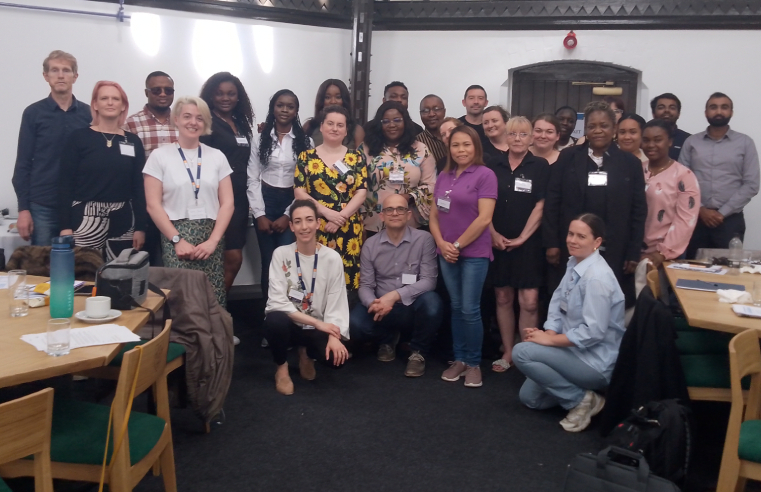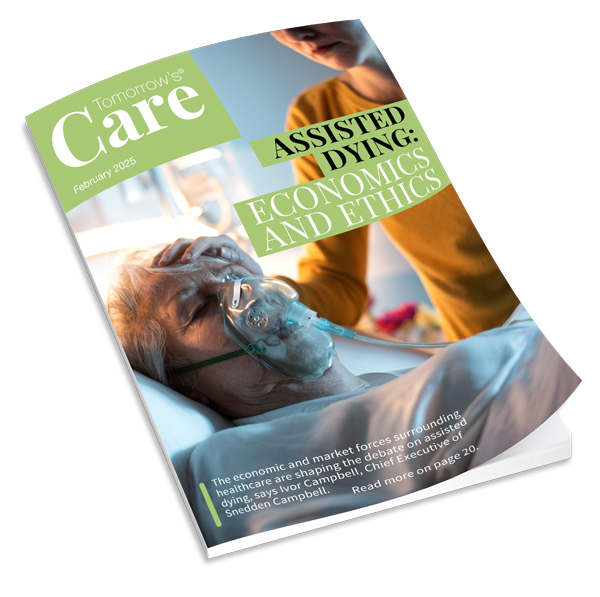Loneliness is a taboo, says Campaign to End Loneliness

Published on 08/06/2016
The majority of British people have experienced loneliness and also know someone who is lonely, according to new research from the Campaign to End Loneliness.
Despite the large numbers of people affected, the new research suggests that loneliness is a taboo subject with 92% of respondents thinking that people are scared to admit that they are lonely.
The research, commissioned by the Campaign to End Loneliness, found that 84% of British people said they have felt lonely, with 13% feeling lonely ‘all of the time’.
The study also shows that almost two-thirds of people (64%) know someone who is lonely.
The research also indicates that people who feel lonely will be judged negatively - when asked ‘what do you think people imagine about those who are lonely’ the most common responses were ‘there is something wrong with them’, ‘they are unfriendly’ and ‘it is their fault they are lonely’.
The organisation has previously found that 10% of those over the age of 65 – over one million people – feel chronically lonely (that is, all or most of the time).
Marcus Rand, Director of the Campaign to End Loneliness, said: “The taboo and stigma around loneliness is stopping vulnerable people from opening up about their situation. This in turn makes it very difficult for local authorities and other support organisations to find the missing million older people who need our help.”
“The Campaign to End Loneliness has developed a step-by-step guide to help local authorities and stakeholders identify the hidden lonely. The Missing Million: In Search of the Loneliest in our Communities helps commissioners and service providers to identify older people experiencing, or who are at risk of experiencing, loneliness. It will assist frontline workers to better understand and respond to loneliness, and to engage with older people experiencing loneliness.
“It is unacceptable that 20% of Local Authority Health and Wellbeing Boards in England still have no written commitment to tackle loneliness in older age. We’re calling for all Boards to make a commitment by the end of the year. Every Local Authority in the country should put in place a clear action plan with measurable targets for reducing loneliness in their local population.
“If we are to drive lasting change for the better, however, we must make loneliness everyone’s business. We need to create a movement for change that breaks down the stigma of loneliness and addresses it head on, like any other health issue.”
The Local Government Association’s Community Wellbeing spokeswoman, Cllr Izzi Seccombe, said: "Whereas in the past it may have been treated as a trivial matter, loneliness is a serious condition that can severely affect a person's mental and physical wellbeing, and increase the risk of premature death by 30%.
"Councils are addressing this through early intervention, with a number of local authorities leading the way in partnership with volunteer and community organisations.
"Loneliness is an issue that needs our urgent attention, and something that will become an increasingly important public health concern as people live longer lives."
Related News
Categories
- CQC ratings
- Care home news
- Care jobs
- Care planning
- Care sector awards
- Care sector events
- Care sector news
- Care staff
- Charity
- Cleaning & Hygiene
- Construction
- Dementia
- Disability
- Entertainment
- Finance
- Fitness
- Food & Drink
- Fundraising
- Furniture
- Health & Safety
- Healthcare
- Hospice & Palliative Care
- Hospitals
- Industry Comment
- Interiors
- Laundry
- Legal
- Leisure
- Medication
- Mental Health
- Mobility
- New appointments
- PPE
- Products
- Property
- Recruitment
- Relationships
- Research
- Safeguarding
- Security
- Services
- Social care
- Sustainability
- Technology
- Training
- Transport
- Uniforms
- Waste
- Wearables























